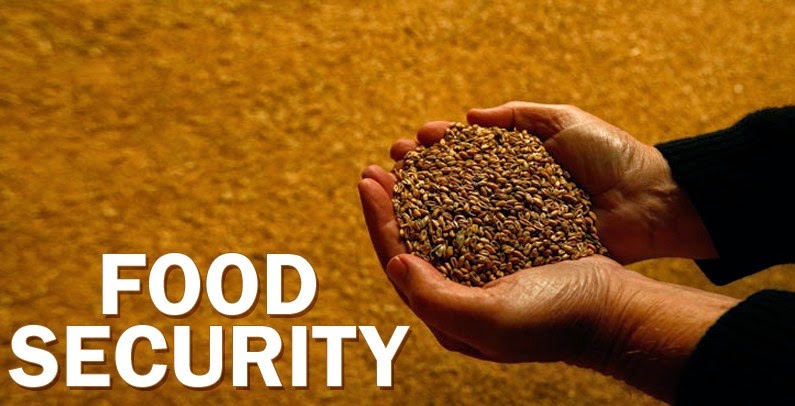|

|
Many of us would not be even aware that in the 1960s India was forced to import wheat from the US under the PL 480 scheme as it suffered from a severe shortage of food grain. The stories of humiliation and pressure to compromise on India’s foreign policy to avail of this facility are now things of the past. The country has moved ahead from the PL 480 phase to a new era of economic reality where it has enacted the National Food Security Act (NFSA)- 2013 which assures food to 67 percent of people in the country who are likely to suffer food deprivation. This indeed marks a giant leap whose impact is going to be multi-dimensional and multi-layered. The guaranteed availability of food to the people, especially those in the below poverty line bracket and belonging to vulnerable section of society will have a significant income effect translating into higher nutritional intake and therefore improved health status. The extra income, it has been argued, could be used for ‘medical or educational expenses.. or to supplement expenses for farm inputs’. Indeed for the families struggling for survival, the assured food grain could allow them a ‘chance to live with dignity’. We often forget that even now two thirds of India’s population hovers around the poverty level. The expenditure on food items is a significant part of their monthly budget. Realising the importance of providing for the basic food requirements of the population, India has a long established Public Distribution System (PDS) which has played a significant role in keeping the chronic hunger at bay and has a strong impact on the reduction of poverty.
|
The National Food Security Bill (NFSB) was passed by both houses of Parliament, and was given a nod by the President on September 12, 2013, and has now become an Act. The legislation is a landmark, and perhaps the largest food security program in the world. The Act is indeed an important effort to ensure that the majority of population in India has access to adequate quantity of food at affordable prices. It proposes to cover 75 percent of the rural population, and 50 percent of the urban population with an entitlement of 5 kg per person per month of food grains at issue prices of Rs. 2 and 3 per kg for wheat and rice respectively. The poorest households will receive an additional 10 kilograms of food grains per household to protect their existing allocations. The statewise inclusion ratios are determined by the Planning Commission based on a national-level cut-off for per capita consumption to cover 75 percent and 67 percent of rural and urban populations respectively. This article establishes that fiscal implications of the Food Security Act (FSA) are likely to be significant. The food subsidy cost of implementing the FSA is estimated at Rs. 124,502 crores for the fiscal year 2013-14. The cost is estimated to increase to Rs. 140,192 and Rs. 157,701 crores in 2014-15 and 2015-16 respectively. The “incremental” food subsidy over and above the existing Targeted Public Distribution System (TPDS), which is the additional cost to the budget, is estimated at Rs. 23,951 crores. This is equivalent to 0.2 percent of GDP.
|

